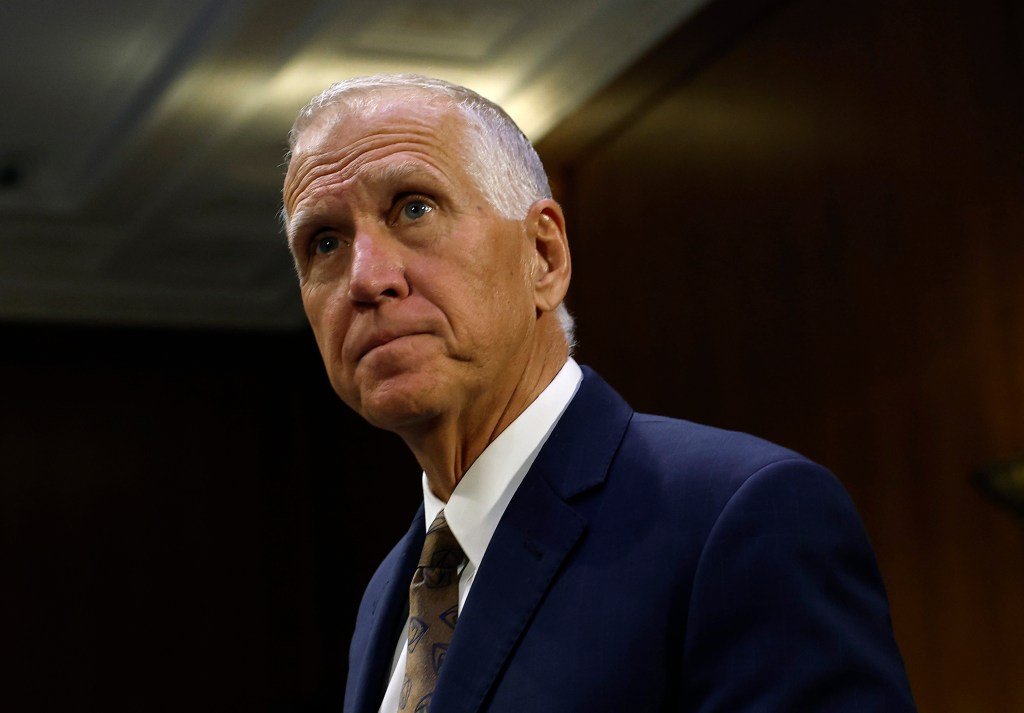
While oil markets had been showing fear of a possible retaliatory attack from Iran, the missile attack on U.S. bases actually elicited a positive response.
Iran issued a very limited and almost symbolic response when it fired 11 missiles against bases in Qatar and Iraq on Monday. No one was hurt, and some reports say Iran informed Qatar ahead of time.
‘The market is pricing in a scenario where things de-escalate gradually.’
Crude oil markets had ramped up their futures prices after tensions escalated in the Middle East and put oil trade at risk, but after seeing the scale of the response from Iran, markets responded positively and futures prices dropped.
U.S. crude oil dropped by 4.1%, and Brent crude oil prices — a global benchmark — fell by 4.35%, according to a CNBC report.
The Dow Jones meanwhile jumped by 300 points, signaling a positive response to the attacks.
The markets likely saw the limited attack as a de-escalation of tensions, as Iran signaled that it needed to save face but did not want to antagonize the U.S. any further.
Brent had previously jumped by over 5% as a result of the U.S. strike on Iran’s nuclear capabilities.
“The market is pricing in a scenario where things de-escalate gradually,” said Rystad Energy geopolitical analyst Jorge Leon to CNBC.
RELATED: Rubio warns Iran against ‘suicidal’ closing of Strait of Hormuz; Vance says retaliation will be met with ‘overwhelming force’
[embedded content]
Economic expert and Blaze Media contributor Carol Roth said that the markets saw Iran’s retaliation as a “muted and a face-saving maneuver” rather than an escalation in Middle East tensions.
“This has led to a decrease in oil prices and the 10-year yield, as well as an increase in ‘risk-on’ assets like stocks and Bitcoin,” Roth explained in a comment to Blaze News.
She added that markets also responded well to reports that Trump was seeking to avoid any more engagement in the Middle East.
Leon went on to warn that Iran could still roil global markets if it chose to shut down the Strait of Hormuz, a key trade waterway.
“The worrying thing is that the other extreme scenario where there is a threat to close the Strait of Hormuz is still realistic,” he said. “Things could go south very, very rapidly.”
On Sunday, U.S. Secretary of State Marco Rubio warned Iran that such a move would be “suicidal” because closing the strait would hurt the U.S., but it would also damage other countries that would turn on Iran.
About 20% of oil trade, or 20 million barrels, flows through the strait, according to the Energy Information Administration.
Editor’s note: This article has been updated after publication to include comment from Blaze News contributor Carol Roth.
Like Blaze News? Bypass the censors, sign up for our newsletters, and get stories like this direct to your inbox. Sign up here!



